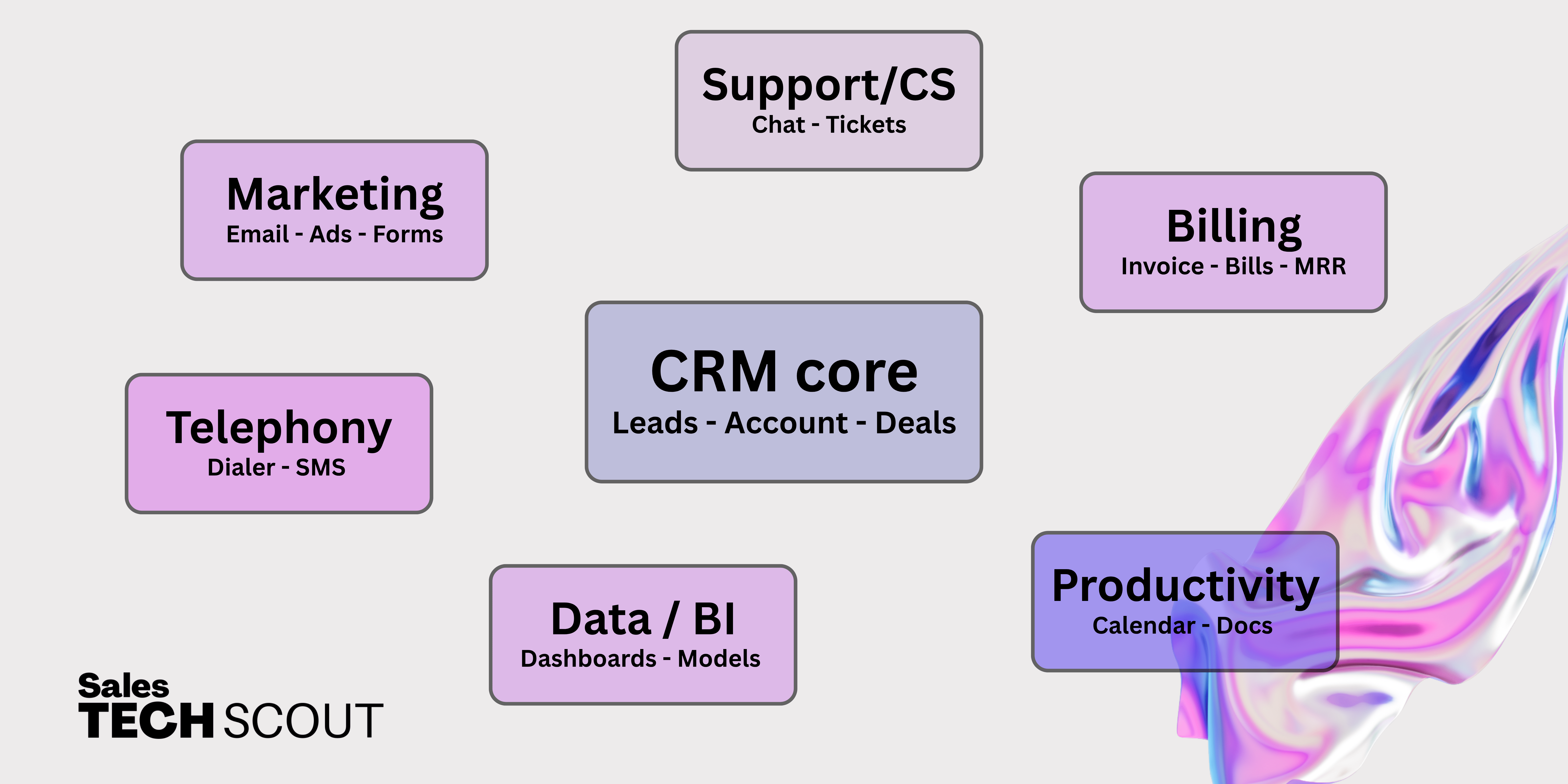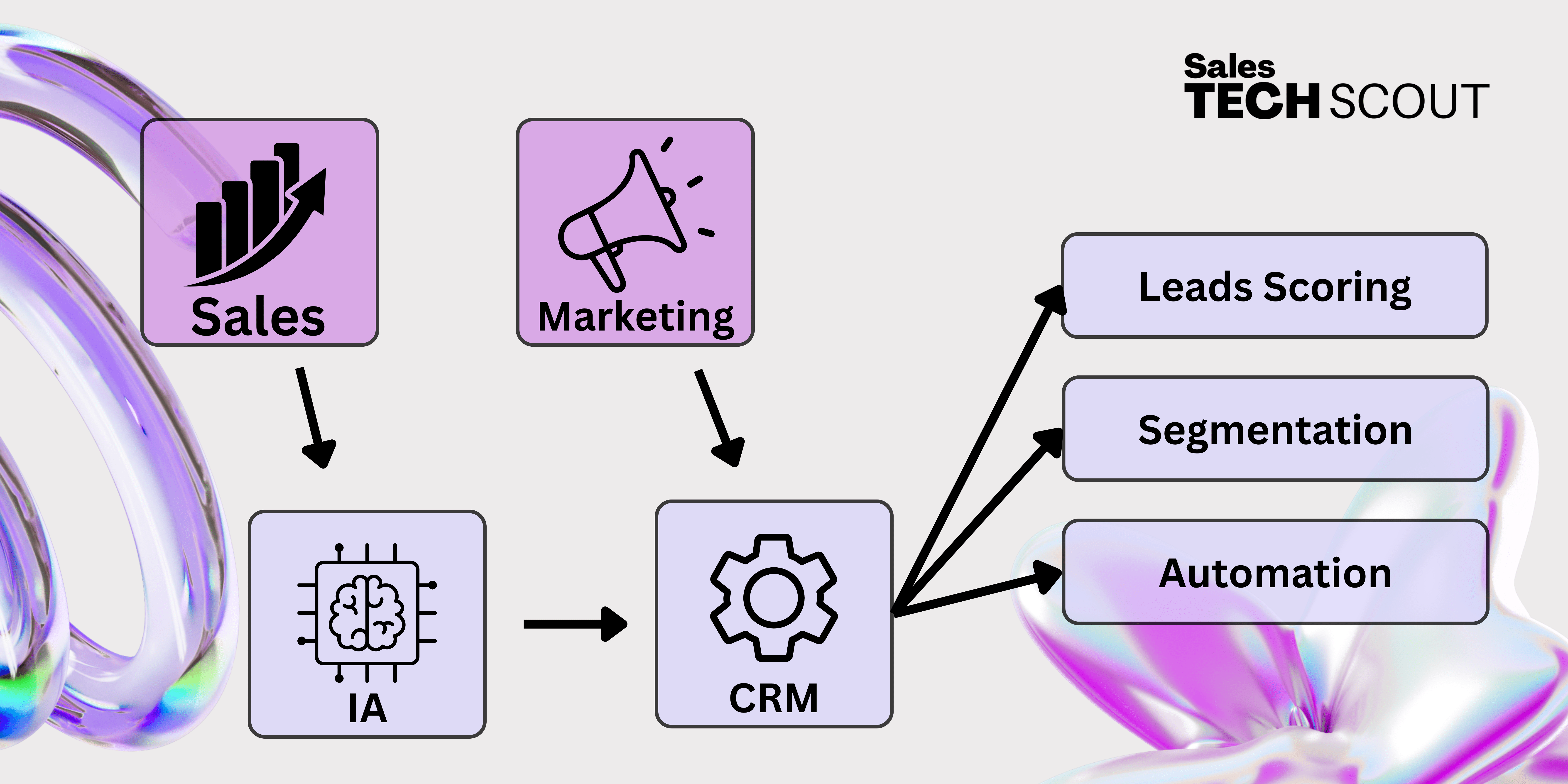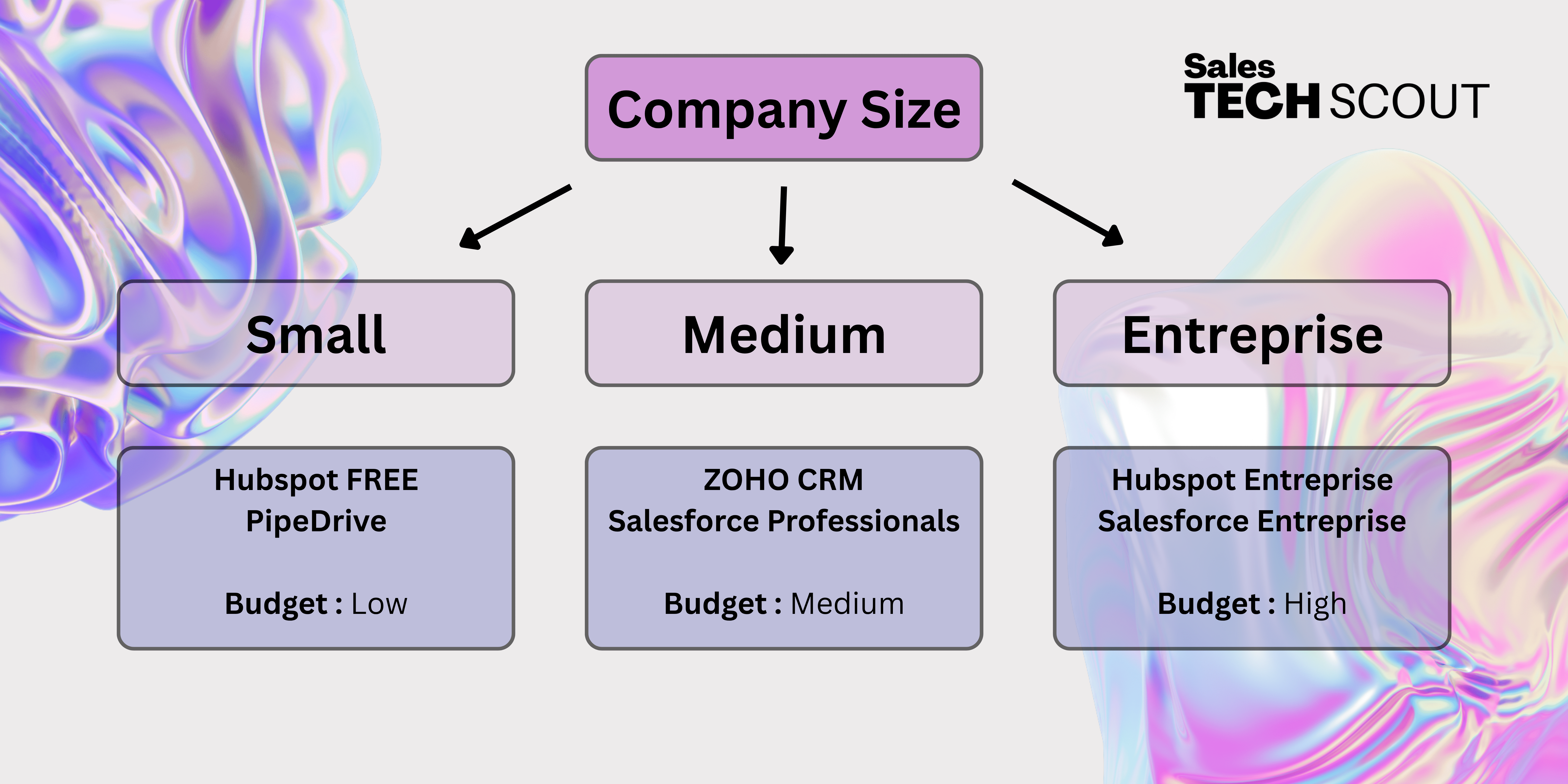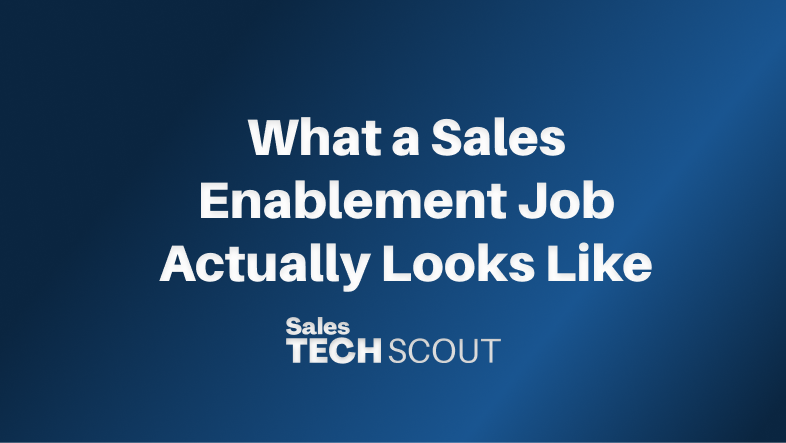Best CRM Management Systems for B2B Sales in 2025


Introduction
Managing a modern sales team requires more than just tracking contacts and deals. In 2025, the best CRM solutions offer seamless integration, workflow automation, and complete visibility into the sales pipeline. These platforms transform raw data into actionable strategy, allowing teams to optimize every stage of the customer journey. Today’s CRMs handle omnichannel communication, AI-powered insights, and complex pipeline management, meeting the rising demands of fast-growing B2B companies.
Understanding which CRM suits your business starts with knowing how these systems have evolved to support dynamic sales environments.
Understanding Modern CRM Requirements
What Defines Best-in-Class CRM Software in 2025?
Customer relationship management tools have rapidly advanced by incorporating artificial intelligence and machine learning. Modern CRMs map customer journeys in detail, adjust workflows to user behavior, and help sales teams focus on the most promising opportunities. These systems unify marketing, sales, and support data into a single source of truth, enabling better collaboration across departments.
Essential Features That Drive Sales Success
Top CRM platforms come equipped with tools like advanced pipeline visualization, automated lead qualification, and personalized task management. Real-time dashboards provide sales teams with performance analytics and predictive insights, helping prioritize efforts to maximize conversions and revenue outcomes.

The Critical Role of Integration in CRMs
Integration capabilities have become central. CRMs now connect effortlessly with hundreds of third-party apps covering marketing, customer support, finance, and productivity. This connectivity creates unified workflows and improves data accuracy, making CRM an indispensable hub in the digital business ecosystem.

Top CRM Management Systems Analysis
HubSpot CRM : An All-Round Growth Platform
HubSpot has moved from a marketing tool to a comprehensive CRM provider suitable for startups to large enterprises. Its strength lies in ease of use, extensive native integrations with over 1,000 apps, and a free tier that unlocks essential CRM functions for small teams. Paid plans expand automation, reporting, and multi-pipeline management capabilities, appealing to organizations scaling their sales operations.
Salesforce the Powerful and Customizable Enterprise Solution
Salesforce leads with unmatched customization and scalability. Focused on large businesses, it provides multi-cloud solutions that span sales, marketing, and service. Advanced features include Einstein AI for lead scoring and predictive analytics. Its customizable workflows and robust reporting suit complex organizational structures and demanding sales processes.
Cost-Effective Yet Feature Rich with ZOHO CRM
Zoho CRM offers a great balance between affordability and functionality. It incorporates AI-driven lead scoring, omnichannel communication, and extensive workflow automation. Integration with the wider Zoho ecosystem adds value, delivering an end-to-end business management suite for small to midsize businesses seeking customization on a budget.
Essential CRM Integration Capabilities
Real-Time Data Synchronization and Workflow Automation
Modern CRM integration includes seamless data syncing and real-time automation. These functions prevent duplicate data, maintain consistency across platforms, and allow automatic triggering of tasks and alerts based on sales activities or customer behavior.
API Access and Connector Marketplaces
CRMs today provide rich APIs and marketplaces offering thousands of pre-built connectors. This openness allows businesses to connect with niche tools and rapidly build personalized tech stacks without heavy developer involvement.
Aligning Sales and Marketing with Integration
Effective integration breaks down silos between sales and marketing teams, enabling automated lead nurturing, precise attribution of marketing campaigns, and real-time feedback loops that help refine conversion tactics efficiently.

Advanced CRM Pipeline Management
Predictive Opportunity Scoring and Automated Stage Progression
AI-based scoring models analyze deal data to prioritize prospects and suggest next best actions. Automated tools can move deals through pipeline stages based on preset criteria, reducing manual interventions and accelerating sales cycles.
Quota Planning and Performance Benchmarking
Forecasting tools enable managers to allocate resources smarter by projecting revenue outcomes and tracking quota attainment. Benchmarking sales reps against historical data highlights coaching opportunities to drive better results.
Learn about managing territories in Sales Territory Design Explained.
Collaboration, Task Management, and Pipeline Visibility
CRMs foster team collaboration via shared deal views, real-time task reminders, and automated activity logging, ensuring no opportunity slips through the cracks. Clear pipeline visualization keeps teams focused on next steps.
Choosing the Right CRM for Your Business
Small Businesses and Startups
Startups benefit most from CRMs with user-friendly interfaces and free or affordable tiers. HubSpot stands out with its no-cost offering, while Pipedrive offers visual pipeline tools designed for ease of adoption and quick ramp-up.
Mid-Market Companies
For companies expanding rapidly, Zoho CRM or Salesforce Professional offer the right mix of customizability and advanced automation. These platforms support growing teams, handling more complex pipeline management and deeper integrations.
Enterprises
Organizations with complex, multi-departmental structures need enterprise-grade features. Salesforce Enterprise and HubSpot Enterprise deliver powerful customization options, security features, and analytics capable of supporting large-scale operations and compliance needs.

Implementation Best Practices and Optimization
Planning and Data Migration
Successful CRM deployment starts with meticulous planning, including data cleanup and migration strategies that ensure accuracy and integrity in the new system. Clear KPIs and phased rollout reduce risks and improve adoption.
Comprehensive User Training
Educating users on CRM workflows and best practices promotes engagement and maximizes platform value. Tailored training programs and ongoing support elevate team confidence.
Continuous Improvement
Regular reviews of CRM usage, feature adoption, and performance analytics empower businesses to optimize processes continually and respond to evolving sales priorities.
Conclusion
The best CRM solutions in 2025 offer more than contact management. They deliver comprehensive automation, predictive analytics, and deep integration capabilities that empower sales teams to work smarter and close deals faster.
Choosing the right CRM proves crucial to sustained growth, necessitating alignment with business goals, team size, and technical maturity. Integrating strategic selection with thoughtful implementation and continuous optimization unlocks a pulse on sales health, maximizing return on investment while building customer relationships that drive long-term success.
Subscribe to Our Newsletter
To Never Miss a Thing






.avif)


